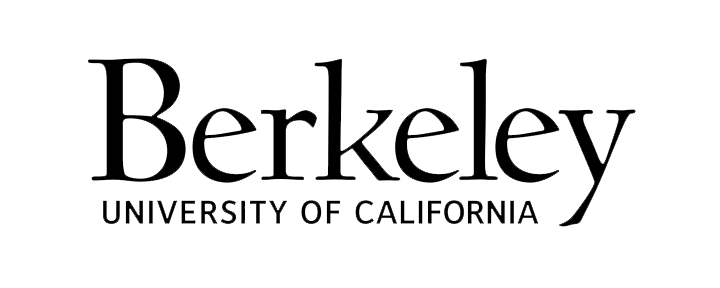Ask the Scholars
Interviews from 2003
How do you enlist the support of white people in achieving racial equality when it may mean they will lose some of their privileges? What are the effects of inequality and oppression on those who are not victims of it?
Historian
What are the effects for non-victims? I think the state of racial politics in this country creates for many privileged people a really significant set of personal and political paradoxes. Most people declare their support for the theory of racial equality: rights and privileges, opportunity, fair treatment. And since the civil rights transformations of the 1950s and '60s, many privileged people, especially whites, think that by respecting the letter of civil rights law and by not engagin...
Legal Scholar
I think the question that needs to be posed is, "Do you really want to try to lay moral claim to ill-gotten fruit, gained from a system that has only recently rejected white supremacy even rhetorically?" Structurally, myriad privileges and advantages accrue to whites simply because of their race. To take an interesting example from Jay Rosner's study of the SAT, it was revealed that one built-in advantage whites have on standardized tests results from the way so-called pretesting works. ...
Sociologist
I go through three rhetorics. First, self-interest: Think of a boiling pot ready to explode. If you continue down this path of wealth inequality and continued hyper-incarceration and other forms of racial oppression, something's going to blow eventually. So, it's in your interest to rectify it. Number two, your sense of efficiency in the free market: We're losing qualified brain surgeons because we're not educating everyone to their fullest potential. Thirdly, the moral argument: What do...
Historian
David said something very important at the beginning. The whole 1960s notion was about civil rights, not race rights. We have to get back to the idea of a civil society, as Dalton is suggesting. It's interesting - when a lot of people talk about race, they really want to focus on the individual instead of the larger social community. What is the individual's right, responsibility, etc.? But when you switch the terms of debate to something like nationalism or patriotism after 9-11, everyo...


